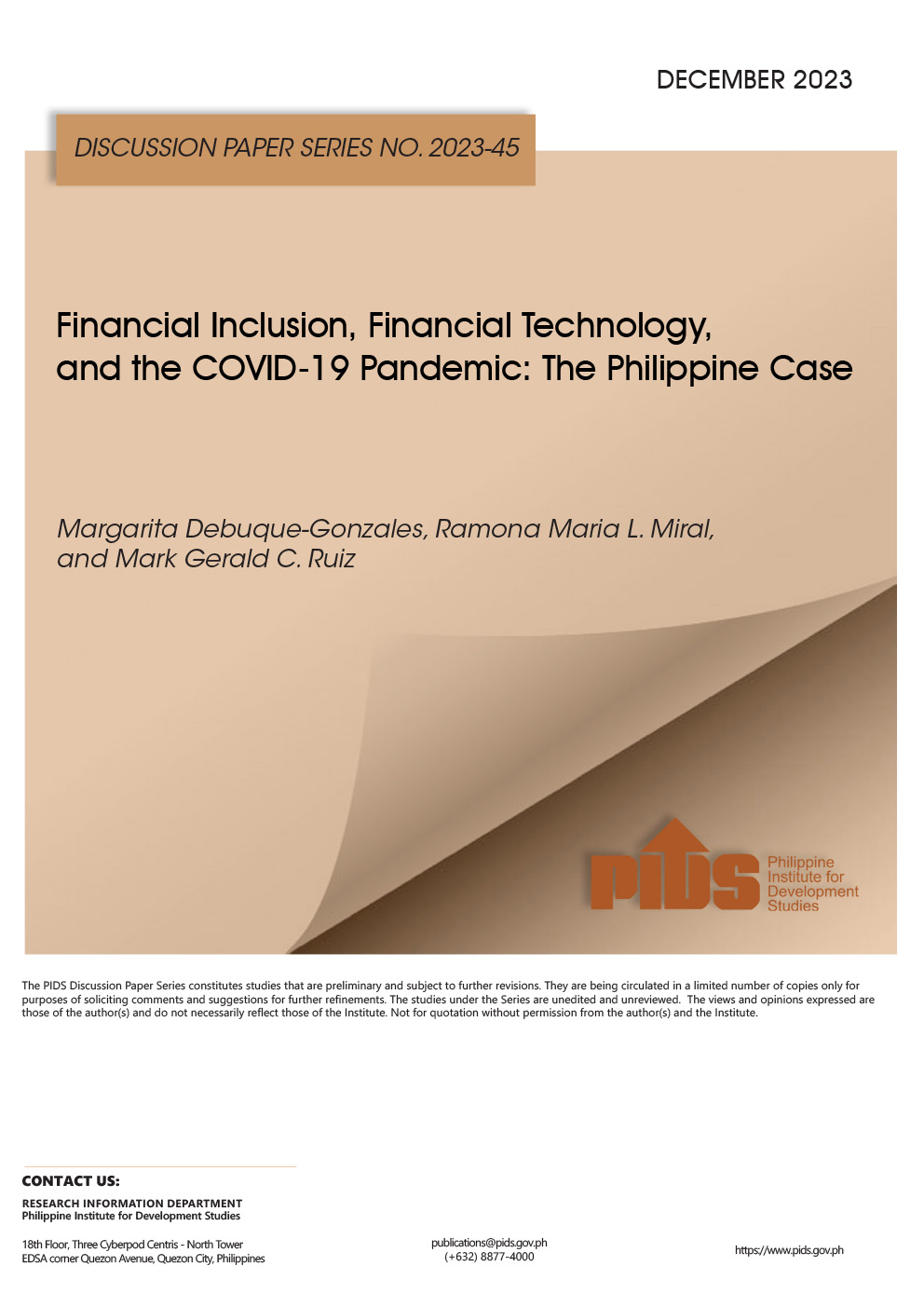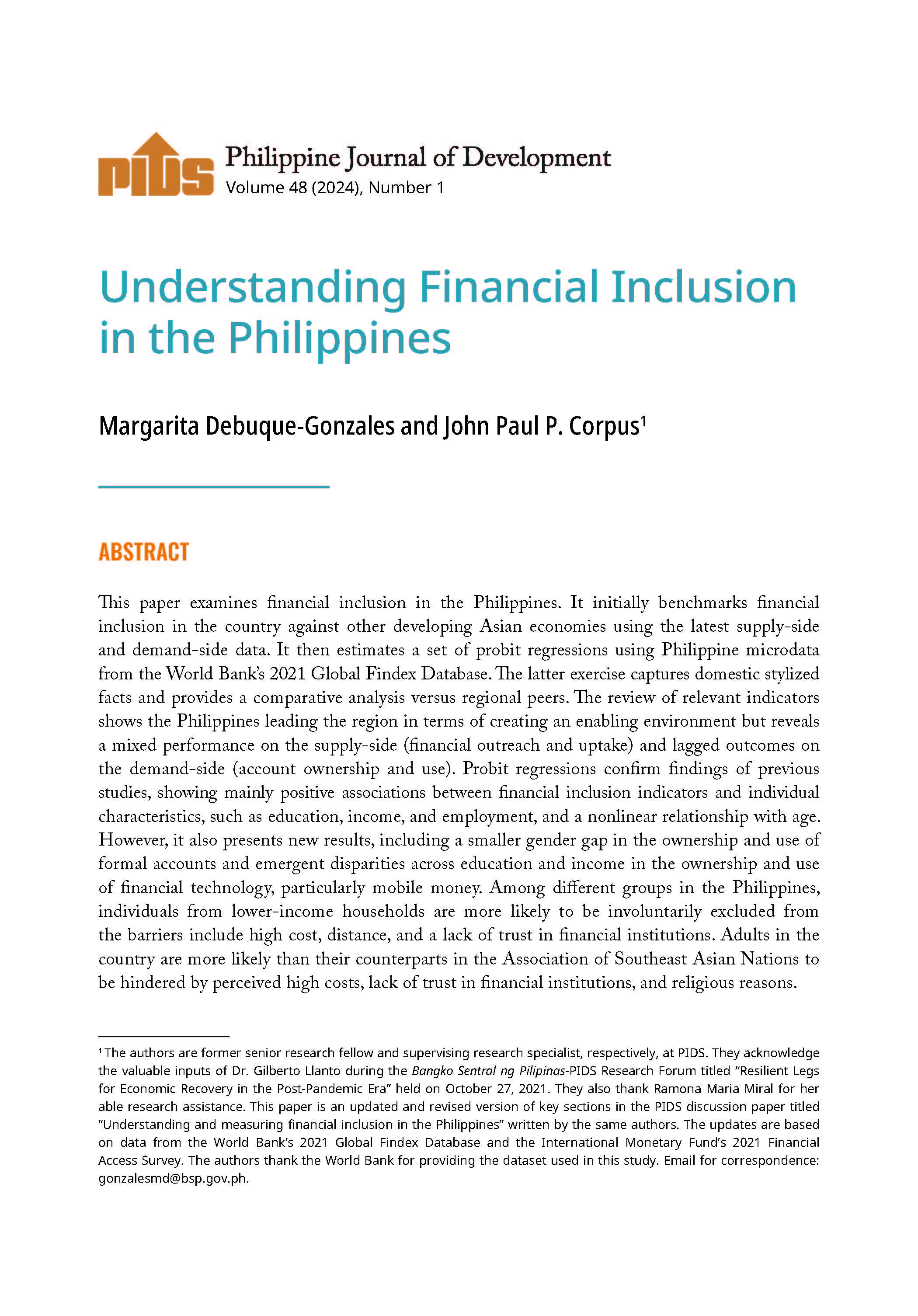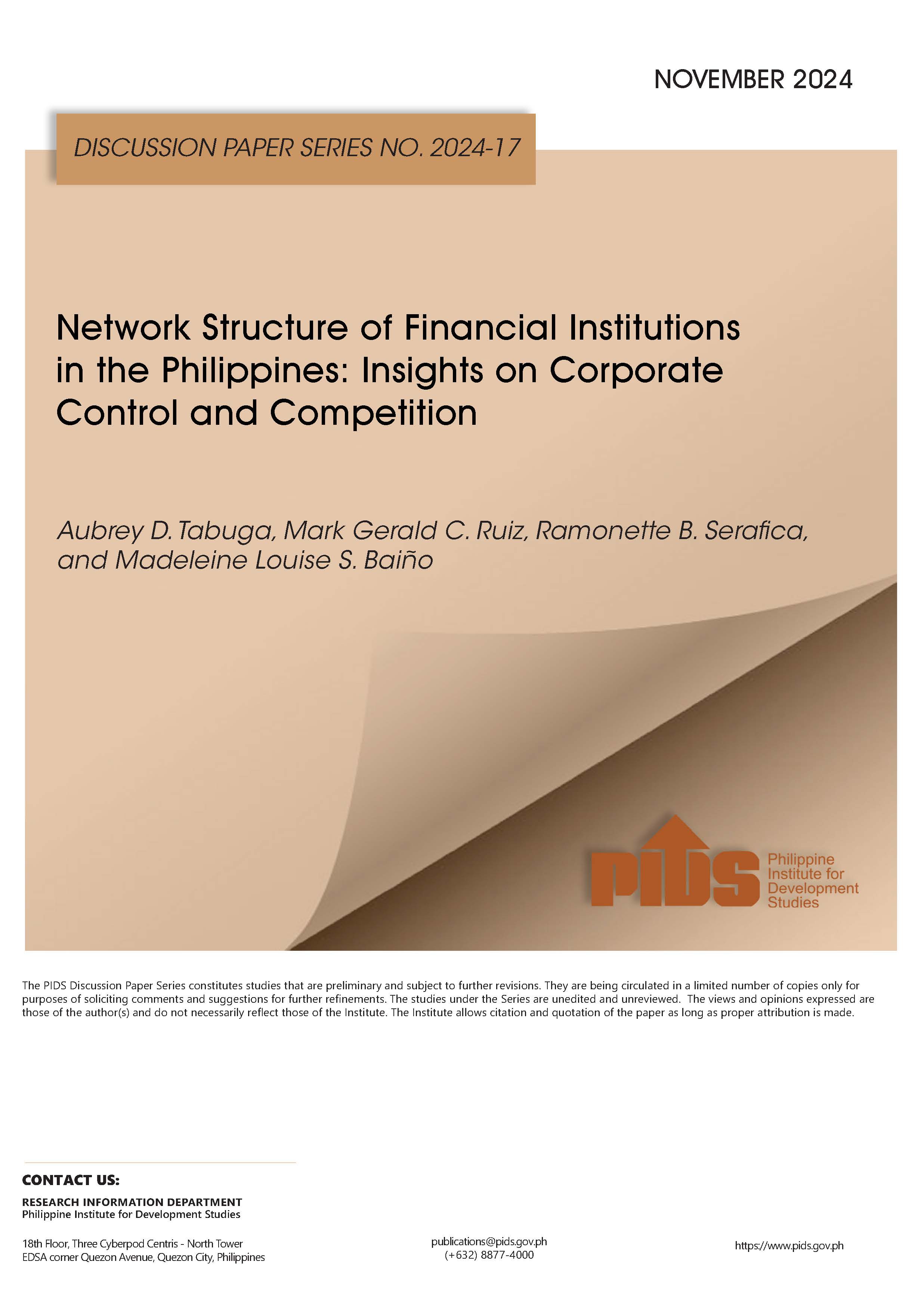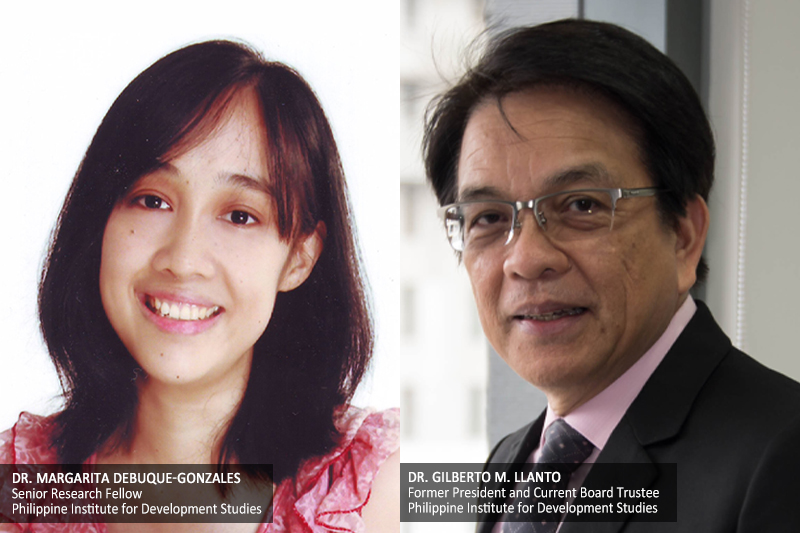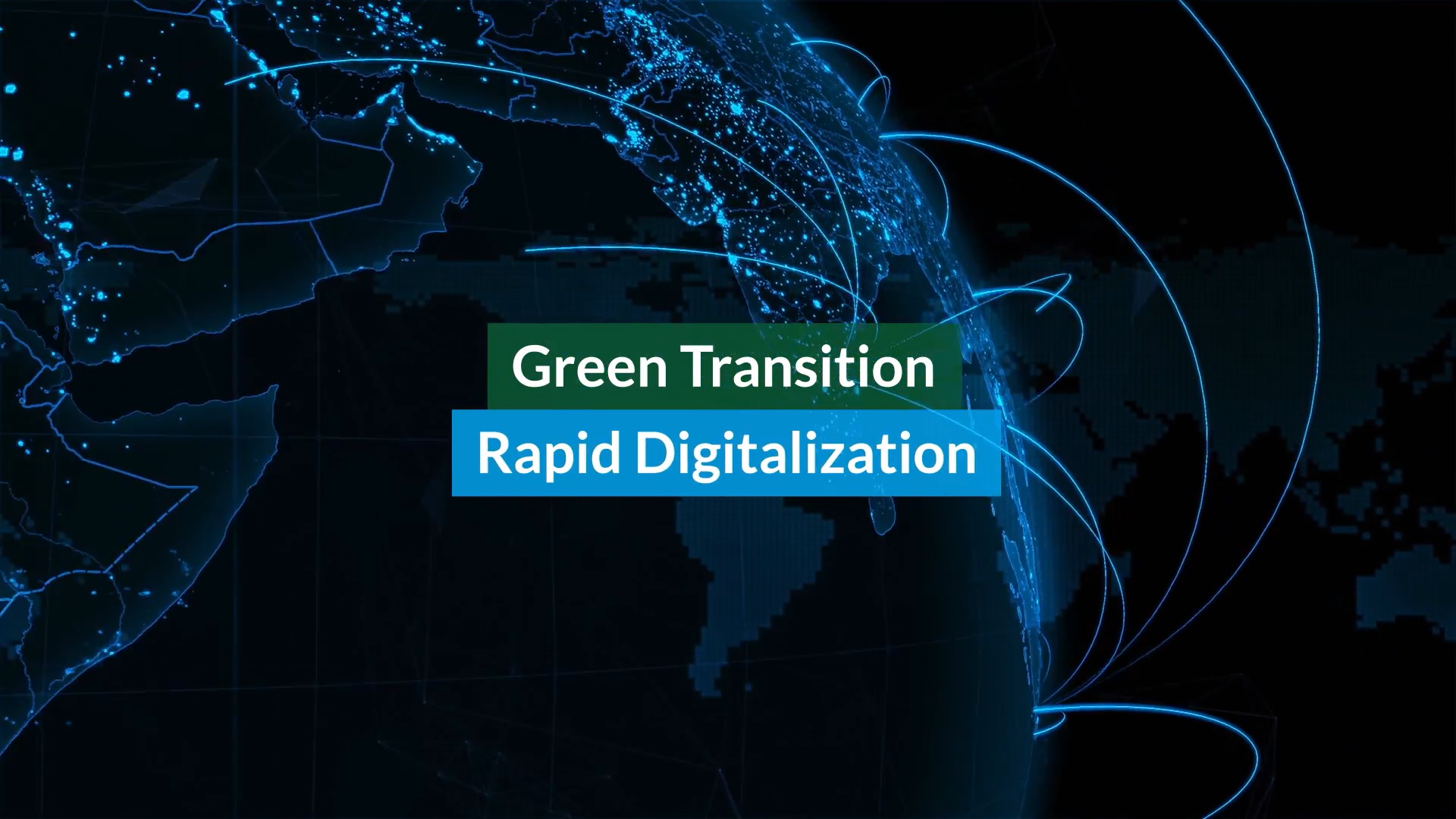Megaworld-sponsored real estate investment trust MREIT Inc. began on Monday its institutional book-building for an initial public offering (IPO) worth as much as P27.3 billion, potentially the biggest REIT to come to the market to date.
During the briefings, prospective investors were told that as leasing activities had been much stronger than originally anticipated, 100-percent occupancy of all office space infused into the REIT was expected by year’s end. Ergo, MREIT may be able to offer a significantly better yield than originally projected.
Based on MREIT’s preliminary plan issued in end-August, distributable income in 2022 was projected at P2.296 billion, which would translate to a dividend of 91 centavos a share. For 2023, distributable income was projected at P2.425 billion, equivalent to a dividend per share of 98 centavos.
These numbers translate to a 2022 dividend yield of at least 4.1 percent at the maximum IPO price of P22 a share to a minimum 4.6 percent assuming a lower pricing of P19.80 a share (10-percent discount).
But if distributable income would be adjusted higher, the dividend yield would likewise improve. The potential dividend yield would also depend on the IPO price to be finalized on Sept.9.
REIT sponsor Megaworld has likewise told investors about its plan to inject three office buildings located in Eastwood City and Iloilo Business Park by the end of the year—seen as a yield-accretive deal that could boost 2022 dividends.
To sweeten up the offering, MREIT also plans to declare a special dividend in October, which would automatically lower investors’ effective purchase price. It has also committed to aftermarket support—or stabilize prices against volatility once the shares are listed on Sept. 30—and immediately boost dividend yield over and above what has been projected.
In addition to the three additional buildings to be added to MREIT’s portfolio, Megaworld chief strategy officer and MREIT president Kevin Tan also started working on injecting a new batch of assets equivalent to another 50,000 square meters of gross leasable before end-2022. This was in line with MREIT’s vision to become the fastest-growing REIT in the Philippines and the largest office REIT in Southeast Asia by 2030.
As such, a total of nearly 100,000 square meters of leasable space would bulk up MREIT’s portfolio in 2022, of which 45,000 square meters would be injected in the first semester and 50,000 square meters in the second half.
And institutional investors seemed to like the growth narrative. Sources privy to the offering said investor reception during the book-building had been very strong.
MREIT’s public offering period will run from Sept. 14 to Sept. 20.
‘Greenwashing’
Publicly listed companies (PLCs) in the Philippines are required by the Securities and Exchange Commission (SEC) to follow a corporate governance blueprint that draws from best global practices and submit an annual sustainability report detailing economic, environmental and social impacts.
But now that everyone is eager to jump into the environmental, social and governance bandwagon, how do we know whether the PLCs are submitting truthful reports and not exaggerating or misrepresenting?
In a forum held by the Philippine Institute for Development Studies last week, SEC corporate governance and finance department director Rachel Esther Gumtang-Remalante was asked about her thoughts on how the SEC could prevent and sanction “greenwashing.”
She admitted that it was a big challenge for the SEC, especially during this pandemic.
“We try to check, but we cannot actually validate whether it’s actually correct, especially now that we can not do site visits,” Gumtang-Remalante said.
As the SEC could not track everything by itself, crowdsourcing is inevitably the way to go to expose any greenwashing. As the reports are publicly available, Gumtang-Remalante reminded any stakeholder or interested party that they could access these reports—whether on the company’s website or the Philippine Stock Exchange Edge disclosure portal—and hold the firm accountable.
“If they do have information that there is greenwashing, if the company is not being truthful when they do disclose, of course, this will be investigated by the SEC,” she said.
Continuous violation could be a ground for suspension or even revocation of a corporate license, she said.
“This is very troublesome for companies because they don’t want that reputation that they are not complying with the regulations,” she said.
If we are to take our cue from developments elsewhere in the world, other regulatory bodies aside from the SEC must be vigilant against greenwashing.
Last year, Italy’s Competition and Market Authority (all’Autorità Garante per la Concorrenza e il Mercato) slapped the highest possible fine of $5.94 million on energy giant Eni for advertisements claiming that its diesel was “green.” This was after a group of consumer and environmental advocates called out the misleading ads.
In 2019, the UK Advertising Standards Authority directed Norwegian energy giant Equinor to withdraw ads saying that its gas was a “low-carbon energy” source.
At the end of the day, however, the affected community or stakeholder base must help regulators by blowing the whistle on greenwashing (alongside other repugnant practices), and take advantage of social media to voice out their concerns in the same way that netizens are quick to call out offensive or insensitive ads, or criticize politicians or celebrities. Hopefully, regulators will be quick to investigate and penalize.
New 8890 Holdings CEO
Leading mass housing developer 8990 Holdings has appointed a lawyer who rose from the ranks to be its new president and CEO.
Anthony Vincent Sotto, 45, took over the post vacated by his brother, Alexander Ace Sotto, who tendered his resignation as director, acting president and CEO on Sept. 2. However, the latter would continue to serve as chief operating officer.
To recall, Alexander Ace was appointed OIC following the untimely demise of 8990 Holdings’ former president Willibaldo Uy in October 2019.
On the other hand, Anthony Vincent joined the 8990 group in 2003, starting out as assistant general manager, a position he held for eight years. He was then promoted to general manager of subsidiary 8990 Housing Development Corp. and became deputy CEO of the 8990 Group in June 2019.
Before 8990 Holdings, he was an associate lawyer at Solis and Medina Law Offices.
“It is both an honor and privilege to be appointed as president and CEO of 8990 Holdings Inc. In the 18 years that I have been with the company, I have seen how the vision of our founders [has] been able to change lives through affordable home ownership. Through this position that the company has entrusted to me, I hope I would be able to continue and strengthen our commitment of providing a home to every hardworking Filipino,” Sotto said.
Sotto holds a Bachelor of Laws degree from the University of the Philippines in Diliman. He was admitted to the Philippine bar in September 2001.
BIZ BUZZ: Bulking up MREIT for more attractive yields
Related Posts
Publications
Press Releases
Video Highlights
Infographics
[No related items]

